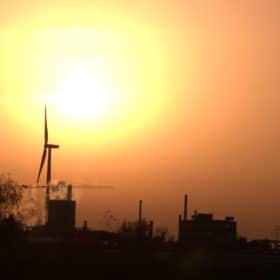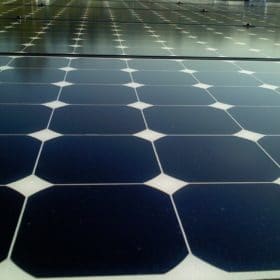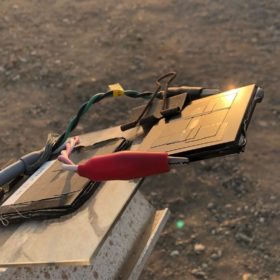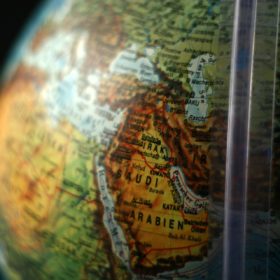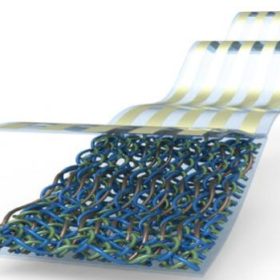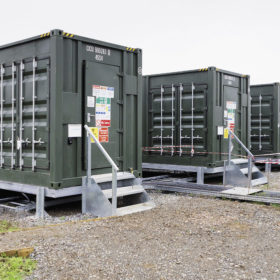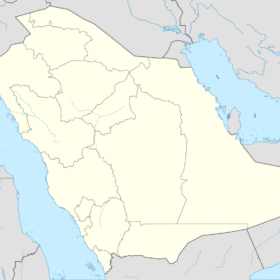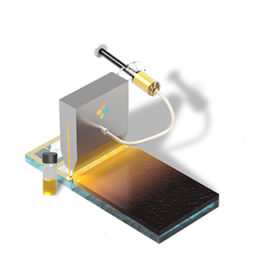Novel algorithm for integrating solar, wind, hydrogen
A new, nature-inspired algorithm has been applied by scientists in Egypt and Saudi Arabia to optimize the production of green hydrogen via solar and wind power generation. The proposed energy system consists of PV and wind power generation, a water electrolyzer, a tank of hydrogen gas, a fuel cell, and an inverter that brings the generated electricity to final consumers.
Stochastic fractal search algorithm to measure parameters of PV modules
An international research team has used, for the first time, a powerful metaheuristic and a nature-inspired algorithm to improve the estimation of the parameters of PV cells and modules. The algorithm imitates the natural phenomenon of growth and uses the diffusion process, based on random fractals.
The weekend read: KSA reforms, but will PV prosper?
Long-term observers of solar deployment in Saudi Arabia can point to almost a decade of disappointment. But that is not to say that no progress has been made, and regional renewables champion ACWA Power has built a solid track record. Indeed, recent reforms to the national utility may give rise to new hopes.
Bifacial perovskite-silicon tandem cell with 25.2% efficiency
International researchers have developed a silicon heterojunction PV cell with textured surfaces to accommodate the perovskite top cell. They optimized the rear transparent electrode to collect as much albedo as possible and achieved five different perovskite bandgaps by altering the iodide-to-bromide ratio in the perovskites, resulting in a higher open-circuit voltage.
Saudi Arabia commissioned no solar projects last year
Plunging regional solar tariffs reportedly prompted attempted renegotiations of agreed solar power prices with the result the kingdom made no progress towards its renewable energy goals in 2020.
Herbicide may improve organic cell efficiency by up to 1.6%
Researchers in Saudi Arabia claim to have increased the efficiency of organic PV devices with diquat, a compound used in herbicide. The molecular diquat dopant increased optical absorption and the lifetime of electrical charges when light was absorbed.
How to grasp the monetary value of storage
Researchers in Saudi Arabia have conducted a review of all current techniques used to calculate the monetary value of storage. They found that batteries secure the most value in providing ancillary services.
Solar will dominate Neom City’s energy mix, but CSP may prevail
Saudi Arabia’s futuristic Neom City will not use the cheapest sources of renewable energy, but those with the best chances of being dispatched, due to the storage potential of concentrated solar power. But several issues must be addressed to make the tech viable.
23.8% efficient tandem cells via slot-die coating
Scientists in Saudi Arabia demonstrated a slot-die coating process for production of perovskite solar cells from a specially engineered ‘ink’. Using the process, the group fabricated a perovskite/silicon tandem cell that recorded 23.8% efficiency.
World could add more than 900 GW of solar by 2025 if politicians grasp the nettle – IEA
With the International Energy Agency publishing its latest five-year clean energy forecast today, pv magazine takes a look at the solar content of the 162-page document.
